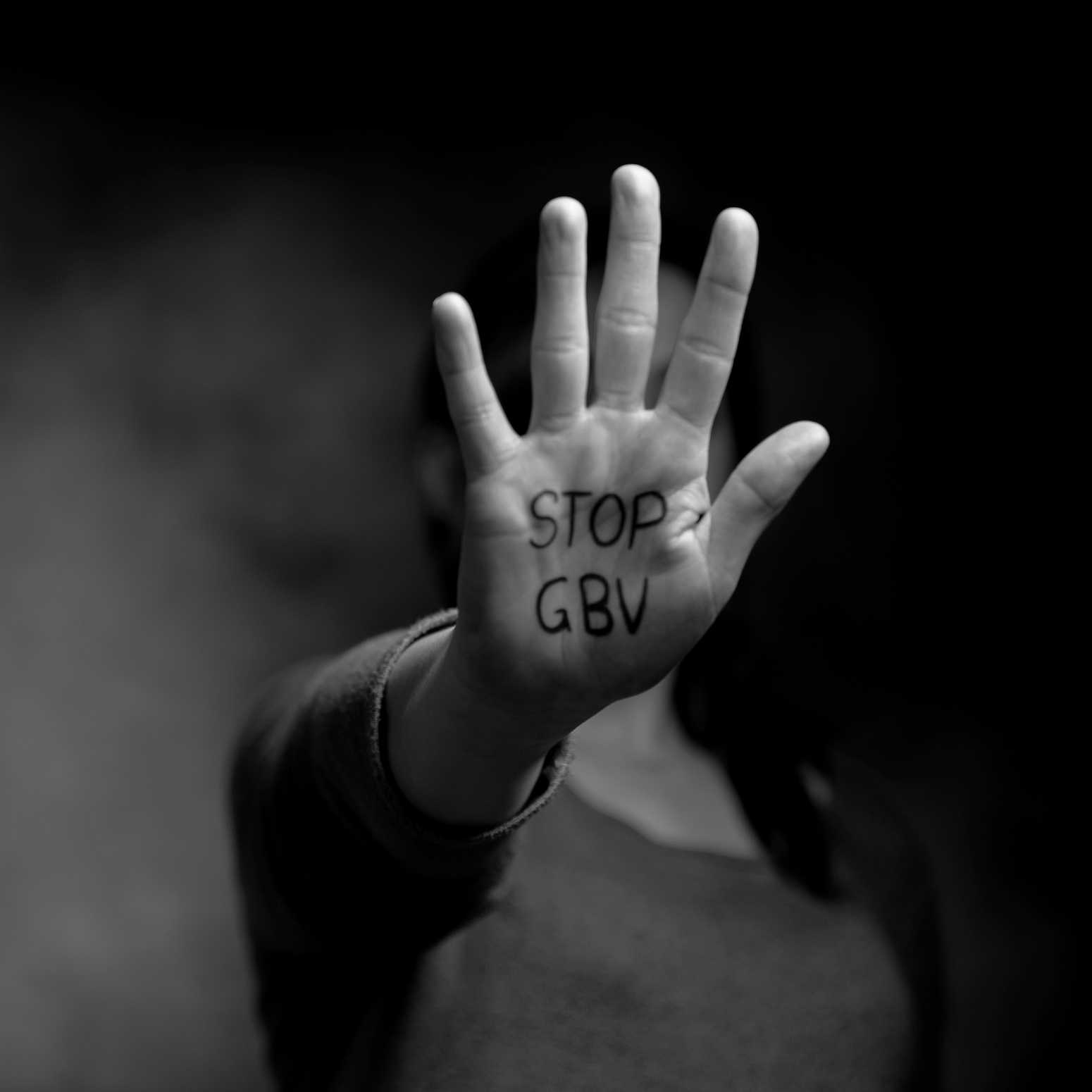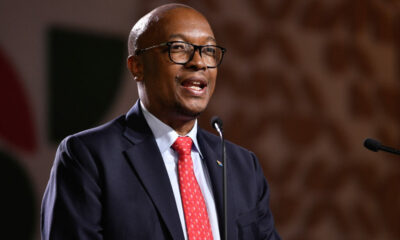News
South Africa’s Hidden War: The Human and Economic Toll of Gender-Based Violence

A Nation in Crisis
South Africa is fighting a silent war, not on distant battlefields, but within homes, schools, and relationships. Gender-based violence (GBV) has reached levels so severe that researchers describe it as an “epidemic.” Recent findings by the Human Sciences Research Council (HSRC) and national crime statistics reveal a crisis that is both deeply personal and nationally catastrophic.
More than half of South African women 51% report having experienced some form of GBV in their lifetime. To put that in perspective, over 7.3 million women have faced physical violence, and 2.1 million have survived sexual assault. Femicide the killing of women because of their gender is five times higher than the global average.
In just one year, between April 2023 and March 2024, 5,578 women were murdered, marking a staggering 33.8% rise from the previous year. Every three hours, a woman loses her life at the hands of violence.
And that’s just what’s reported. Experts estimate that 95% of rape cases never reach the police station. The silence, in many ways, is as deadly as the violence itself.
The Faces Behind the Numbers
Gender-based violence is not limited to one race, age group, or community but its effects are especially brutal among South Africa’s most vulnerable.
Black African Women: History’s Shadow
HSRC data shows that Black African women face the highest rates of lifetime physical violence. Dr Nompumelelo Zungu, one of the study’s lead researchers, connects this to South Africa’s historical trauma the lingering effects of apartheid-era brutality and systemic inequality that normalized violence as conflict resolution.
Women with Disabilities: Double Vulnerability
Women with disabilities face significantly higher levels of physical, emotional, and sexual abuse. They are often dependent on caretakers or partners for survival a dependency that some exploit cruelly. The data shows 14.6% of women with disabilities experience sexual violence, double the rate of those without disabilities.
Older Women: Forgotten Victims
For women over 60, abuse often comes from within their own families. Financial exploitation and physical harm by children or grandchildren are heartbreakingly common. These cases rarely make headlines, hidden under layers of shame and silence.
The LGBTI+ Community: Violence as “Correction”
Members of the LGBTI+ community, particularly queer, lesbian, and transgender women, face what activists call “corrective” violence a toxic mix of misogyny and homophobia that is both normalized and deadly. Many are rejected by their families, left homeless, and forced to navigate systems that fail to protect them.
The Cost No One Can Afford
The effects of GBV ripple far beyond the home. Economically, emotionally, and socially, the cost is crippling.
A KPMG study estimates that GBV costs South Africa between R28.4 billion and R42.4 billion annually, roughly 1% of the nation’s GDP. To put that into perspective, that’s enough to hire 200,000 teachers or provide National Health Insurance to a quarter of the country’s population.
Businesses lose productivity when employees struggle with trauma. The healthcare system absorbs the fallout. Families break apart. Communities lose stability.
Violence as a Public Health Crisis
Gender-based violence isn’t just a criminal issue, it’s a public health emergency. According to researchers, violence in women’s lives contributes more to illness and death than smoking, obesity, or high blood pressure.
Victims face heightened risks of HIV, depression, substance abuse, and chronic disease. Survivors are 50% more likely to contract HIV, and mothers who have experienced violence are twice as likely to have an abortion or give birth to low-weight babies.
The scars of GBV pass down through generations, in fear, in silence, in children who grow up believing that violence is love.
More Than a Hashtag
Every few months, South Africans rally behind new hashtags #AmINext, #JusticeFor[Name], #StopGBV mourning yet another victim whose story briefly trends before fading into the digital void. But GBV cannot be solved through outrage alone.
Community leaders, activists, and survivors have long argued that solutions must be both grassroots and systemic: better law enforcement training, survivor-centered healthcare, and education that challenges harmful gender norms from an early age.
As one activist recently wrote on X (formerly Twitter):
“GBV isn’t a women’s issue. It’s a national emergency that costs us our humanity, our health, and our future.”
A Call to Action
Behind every statistic is a daughter, a mother, a friend, someone whose life was cut short or forever changed by violence.
Until South Africa confronts this crisis with the urgency it demands, through real policy change, stronger protection systems, and social transformation, the numbers will continue to rise, and the silence will continue to kill.
{Source: The Citizen}
Follow Joburg ETC on Facebook, Twitter , TikTok and Instagram
For more News in Johannesburg, visit joburgetc.com



























